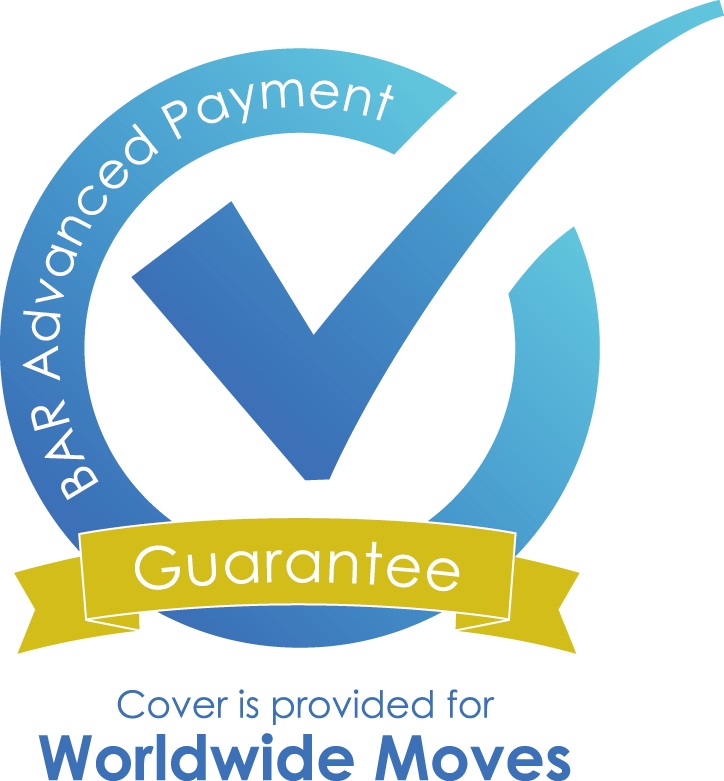Moving To Paris From The UK
Paris is a hugely popular destination, not only for those looking for a romantic getaway but also for people looking to set up a new life in the French capital. Renowned for its delicious cuisine, rich history and culture, and gorgeous architecture, Paris has a lot to offer residents.
If you’re thinking of moving to Paris from the UK, our below guide has everything you need to know about the City of Lights.
Cost of Living
Much like many major European cities, living in Paris isn’t necessarily cheap. However, it may not be as expensive as it once was. A 2022 study found that Paris was the 35th most expensive city to live in the world – much cheaper than London, Zurich, Geneva, and Copenhagen.
Wages in Paris can be slightly higher than in London, with the average annual salary being around €48,000. Utilities aren’t too different from London prices. According to Numbeo, the average monthly cost for utilities in an 85m2 apartment is €181,54. Internet can be slightly more expensive, costing around €30.73.
Buying food in Paris is reasonable, with cheaper markets on hand for fresh produce. Eating out can vary; many restaurants and bistros will offer fixed-price menus at certain times of the day, but there are also plenty of high-end, expensive eateries too. You will generally find that you will pay more for clothes in Paris. The city is known for its love of fashion and there aren’t many places where you’ll find low-quality (and low-cost) clothing.
Property
Paris city centre mostly offers smaller apartments and studios, and whilst they may provide less space, they are usually housed in beautiful period buildings. Larger houses can be found at more affordable prices the further outside the centre you go, which is also where more new build properties are.
Property prices in Paris are based on square meters. The average cost of an apartment in Paris is €10,203 per square metre and a house costs around €10,937 per square metre, making it the most expensive city in France.
The average cost of renting a one bedroom in the city centre, according to Numbeo, is €1,283.41 and a three-bedroom is €2,791.57. Rent is slightly cheaper outside the city centre, with a one-bedroom costing around €940.00 and a three-bedroom costing €1,930.34.
The property market in Paris moves quickly, with sales and rent agreements going through quickly. If you find a property you like, you should be prepared to secure it as quickly as possible to avoid disappointment.
Neighbourhoods
Paris is separated into 20 arrondissements, or neighbourhoods. They’re placed in a clockwise spiral, beginning at the centre of the city and organised by numbers. The lower the number, the closer to the city centre you will be, and the more expensive the property will be.
Each arrondissement has its own unique identity, atmosphere, and culture. It’s advised to walk around the city and get a feel for each district, so you can better pick which one you will be comfortable living in.
The 1st, 2nd and 3rd arrondissements offer convenient access to the city centre and financial district, as well as many popular tourist attractions, such as the Louvre and other museums and theatres. The 4th arrondissement has historic neighbourhoods and boutique shopping – it’s popular with students and has a vibrant nightlife.
The 6th and 7th arrondissements are more relaxed and can be expensive. They’re more popular with families and enjoy the relaxed green space of the Jardin du Luxembourg and views of the Eiffel Tower, as well as proximity to good schools.
The 12th arrondissement has more affordable housing whilst still providing easy access to the city centre. It also has the largest park in the city. The 16th arrondissement is popular with expats as it has a few fantastic international schools in the area, as well as sought-after houses.
The 19th and 20th arrondissements offer some of the cheapest property in the city, with modern new build homes that provide more space than the apartments in the centre. There’s still a good atmosphere in these neighbourhoods, with plenty of bars and restaurants, as well as shopping opportunities.
Weather
The weather in Paris rarely goes to extremes. Spring sees Paris in bloom, with warmer temperatures ranging between 10°C and 20°C but some rainfall. In the summer, temperatures heat up and rain lessens, with temperatures ranging between 18°C and 25°C, but sometimes reaching 30°C+. Summer is the most popular season for tourists, so the city will be much busier during these months.
In the autumn, temperatures begin to fall, and fewer tourists visit. Temperatures range from 16°C in the earlier autumn months, to 7°C as winter approaches. Winter itself sees frost and even snow, with temperatures between 11°C and 3°C, or sometimes reaching freezing.
Transport
Paris is well served by an extensive public transport network and driving is best avoided. Traffic and congestion can be a problem in the city, as can parking. Many city residents only use their car to travel outside the city for holidays.
When travelling within the city, the Métro provides a simple and convenient option for getting around. There are over 300 stations across the city and whilst it can get busy, it’s fairly easy to navigate. A ticket for a single journey on the metro costs €1.90 or you can purchase a Navigo package. This allows you to travel unlimited journeys on various transport types at a reduced rate. Prices vary depending on which zones will be included in your travel – a weekly Navigo costs between €19.85 and €22.85 and a monthly Navigo costs between €65.20 and €75.20.
The city is also serviced by vast bus routes, as well as offering a bike share and hire service called Vélib’. There are 1400 docking points for bikes in Paris, with 20,000 bicycles available. The bikes can be accessed via an app.
Jobs
Paris is one top 3 global power cities in the world, with a variety of financial services, multinational corporations, and manufacturing centers in the area. This means there are often a lot of great opportunities for job roles. Even so, the unemployment rate in Paris is 7.3%, so there can be strong competition for jobs. Expats are advised to learn French to help open up more opportunities.
Expats from the UK will need to apply for a work permit to work in France, and often to live there too. Securing a job before you move can help with this process.
Education
Paris offers a range of good quality international schools, which can be perfect for expat children. However, these are all mainly located within the city centre. Further out, Paris still provides great education with some offering bilingual curriculums.
Public schools in Paris are free to expats who can provide proof of residence. These schools provide a high standard of education and most work towards the baccalaureate diploma. Most schools put a high value on academic excellence and as such, teachers and schools can be demanding.
Healthcare
France has one of the best healthcare systems in the world and Paris offers a huge range of quality healthcare facilities. There is plenty of choice for services in Paris, and wait times are often short. Public healthcare is free to use by residents who have lived in France for over three months or who have started working and paying into the national health system.
Expats should register for a healthcare card as soon as possible to ensure they are covered when they need to use health services. Many expats and residents alike will supplement public healthcare with private healthcare insurance, as not all the fees may be included under the public healthcare system.
If you’re planning to move to Paris, Britannia Movers International offers a full range of professional and reliable removals and storage services. Contact us to find out more information or get a Quick Quote for an idea of the cost. See our full guide for more information on moving to France from the UK.









